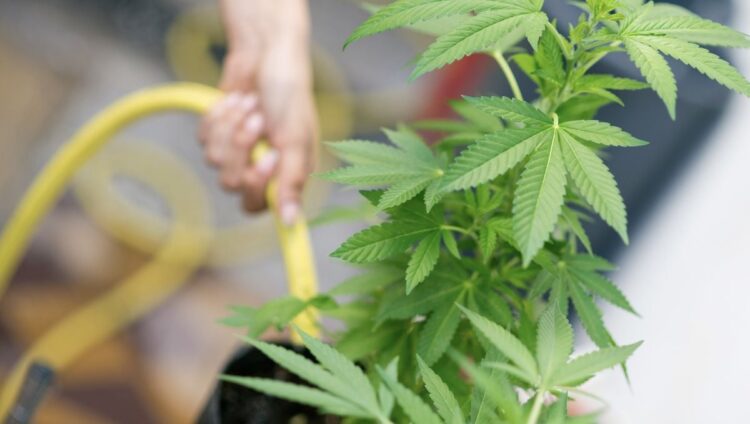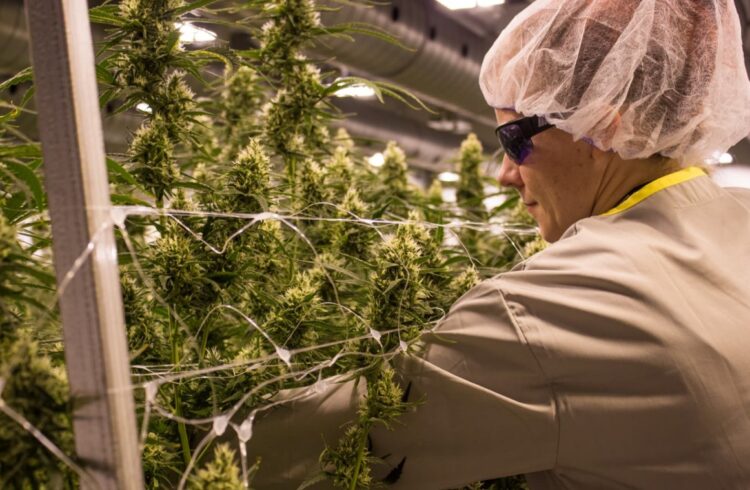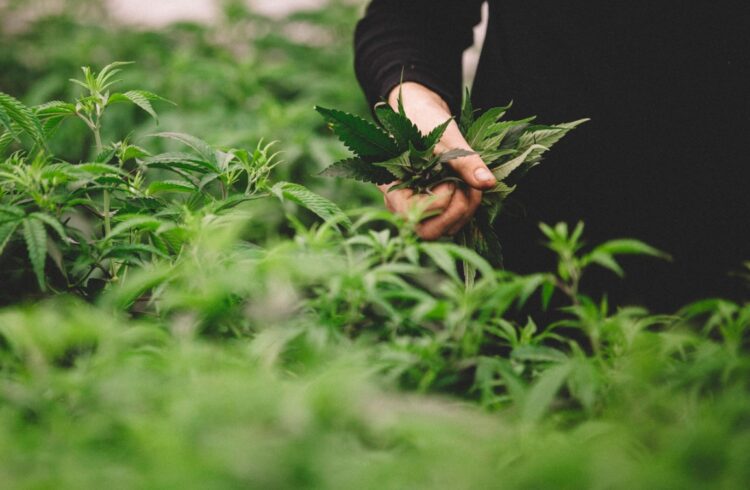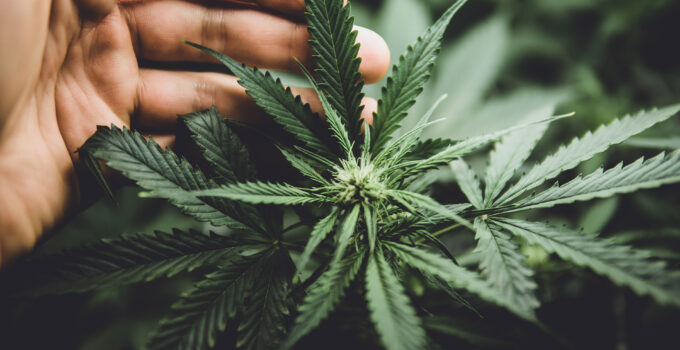The cannabis industry, like many others, is at a crossroads where the need for sustainable practices has become not just a moral imperative but also a business necessity. With an increasing global focus on environmental stewardship, the industry is exploring innovative methods to minimize its ecological footprint while maintaining economic viability.
Read on to learn about sustainable practices in the cannabis industry.
Page Contents
Energy Efficiency in Cultivation
Cannabis cultivation is notoriously energy-intensive, primarily due to indoor growing practices requiring significant lighting, heating, ventilation, and air conditioning. To address this, many growers are turning to renewable energy sources such as solar and wind power.
Additionally, advancements in LED lighting technology offer a more energy-efficient alternative to traditional high-intensity discharge lamps.
Implementing smart farming techniques, like automated climate control systems, also reduces energy consumption. These systems optimize growing conditions, ensuring plants receive the ideal amount of light, nutrients, and water with minimal waste.
Water Conservation Strategies

Source: freepik.com
In cannabis cultivation, water conservation is paramount due to its significant usage. Implementing sustainable water management practices like rainwater harvesting can substantially reduce reliance on traditional water sources.
This method collects and stores rainwater for later use, mitigating the strain on local water supplies.
Also, drip irrigation is efficient, delivering water directly to the plant roots and minimizing evaporation and runoff. This targeted approach can help conserve water and prevent nutrient runoff, which can lead to environmental degradation like waterway eutrophication.
Waste Management and Recycling
The cannabis industry’s substantial waste, comprising plant remnants and packaging, necessitates effective management strategies.
Composting plant waste is an innovative solution, transforming it into nutrient-rich soil amendments and promoting a circular economy in the industry. This approach reduces landfill contributions and enriches the soil without chemical fertilizers.
Concurrently, there’s an increasing shift towards biodegradable and recyclable packaging solutions. This shift is crucial as it addresses the environmental concerns of plastic and non-recyclable materials, reducing the industry’s overall carbon footprint.
Ethical and Sustainable Sourcing
Ethical and sustainable sourcing in the cannabis industry is vital for its long-term environmental and social impact. This approach involves procuring cultivation materials, like soil and fertilizers, to respect ecological balance and avoid resource depletion.
Sustainable sourcing ensures that the inputs do not contribute to environmental degradation or exploit labor. This practice extends to every aspect of the supply chain, from the seeds and growing mediums to the packaging materials.
This ensures that the entire production process supports ecological sustainability and ethical labor practices.
The Role of Medical Marijuana Dispensaries
Medical marijuana dispensaries are instrumental in promoting sustainability within the cannabis industry. As the interface between consumers and producers, these dispensaries can influence both ends of the spectrum.
They set industry standards and consumer expectations by choosing and advocating for sustainably grown and ethically sourced products.
Moreover, these dispensaries serve as educational hubs, informing consumers about their choices’ environmental and social impacts. This role is critical in shaping a market that values sustainability as much as product quality.
Community Engagement and Education

Source: cnbc.com
Community engagement and education are foundational in advancing sustainability in the cannabis industry. Businesses can play a significant role in fostering a culture of environmental responsibility by actively involving local communities and stakeholders.
Educational initiatives and collaborations with environmental organizations can enhance awareness of sustainable practices. These efforts can lead to more informed consumer
choices and increased community support for sustainable practices.
Furthermore, such collaborations can lead to innovative solutions that address local environmental challenges, making sustainability a shared goal rather than an individual business’s pursuit.
Regulatory Compliance and Sustainability Certifications
Adhering to regulatory compliance is critical for sustainable cannabis operations. Many regions are adopting sustainability standards for cannabis cultivation and processing, necessitating industry alignment with these regulations.
Additionally, obtaining sustainability certifications is a proactive way for businesses to demonstrate their commitment to environmental stewardship.
These certifications often require meeting stringent sustainability criteria, ensuring that certified businesses operate environmentally responsibly. This adherence ensures regulatory compliance and boosts consumer trust and brand reputation.
Challenges and Future Directions
Despite the momentum towards sustainability, the cannabis industry faces significant challenges. High costs associated with adopting sustainable technologies and practices are a significant barrier for many businesses.
Additionally, the need for standardized regulatory frameworks across various regions creates a complex operating environment.
However, as technological advancements make sustainable practices more accessible and cost-effective and as regulatory frameworks evolve, these challenges will likely be reduced.
The industry’s future hinges on its ability to integrate sustainability seamlessly into all its operations, setting a precedent for other sectors to follow.
Takeaway

Source: rollingstone.com
Sustainable practices in the cannabis industry are not just about reducing environmental impact but also about ensuring the industry’s long-term viability.
By embracing sustainability, the cannabis industry can set a standard for environmental stewardship while continuing to grow economically. As this industry evolves, it will undoubtedly continue to find innovative ways to balance profitability with ecological responsibility.





